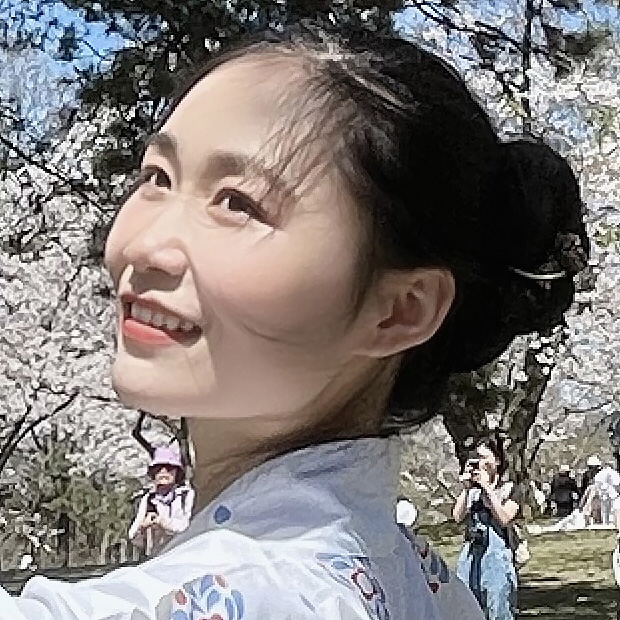Amilcare Iannucci Graduate Fellow
 Read our Fellows' Spotlight with Liwen Liu
Read our Fellows' Spotlight with Liwen Liu
Having received a Master’s degree in Indology from the Peking University, China, Liwen Liu is doing a doctoral project in the Department for the Study of Religion at the University of Toronto. Her research interests include Hindu rituals, Sanskrit intellectual history, and Tantric studies. Her dissertation investigates the relationship between ritual theory and ritual text, doctrine and practice by analyzing how killing in Hinduism is ritualized on the one hand, and the way in which sacrificial violence is doctrinalized and conceptualized in Sanskrit scriptures, on the other.
Fellowship Project—Justifying Violence: Ritual and Doctrine of Killing in Medieval Hindu Traditions
Liwen’s dissertation analyses sacrificial violence in medieval India by examining four Sanskrit texts with different levels of practical concerns on killing rituals. Through a textual study of commentaries of legal treatises, intellectual compendiums that systematize both the rituals and philosophies, and ritual scriptures that serve as authorities in practices, this work highlights the role played by the ritual texts in the justification of violence, and the nuanced relationship between rituals and their corresponding doctrines. This project bridges the current dichotomies between the killing ritual and its doctrinal meaning, and the gap between sacrificial violence in orthodoxy and heteropraxy.
Liwen’s research supplements the study of labour from the perspective of religious studies. Texts and ideas generated by religious labour reshape the understanding on killing and meat consumption in India, and provide a new angle to reconsider violence and ethics in human cultures. Her project highlights the different types of labour conducted by the agents from different social groups in the construction of killing rituals by investigating the manual labour involved in the contemporary ritual practice, labour which is normally ignored in textual studies. These laborers include the outcaste butcher who immolates victims, the temple children who clean the sacrificial site, and the skinners who dismember the killed animal. The fact that the temple workers financially live on their labour of killing provides a material angle to understand ritual violence, an angle that is different from the stereotypical understanding of religion as a spiritual practice.


